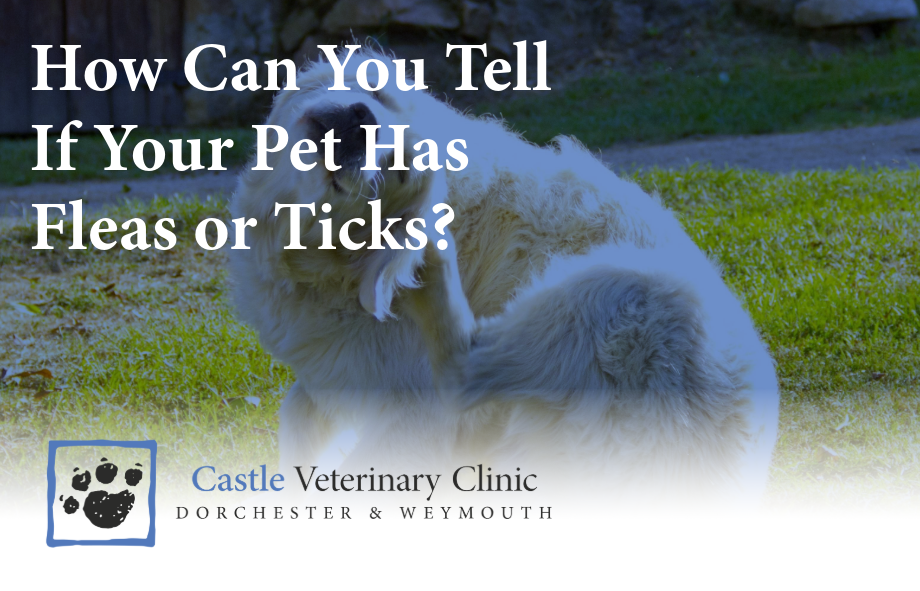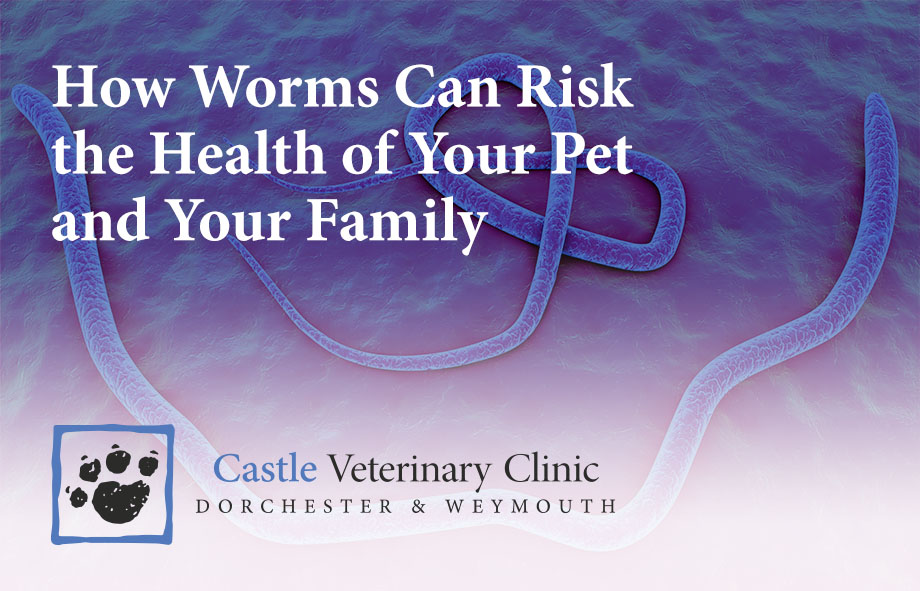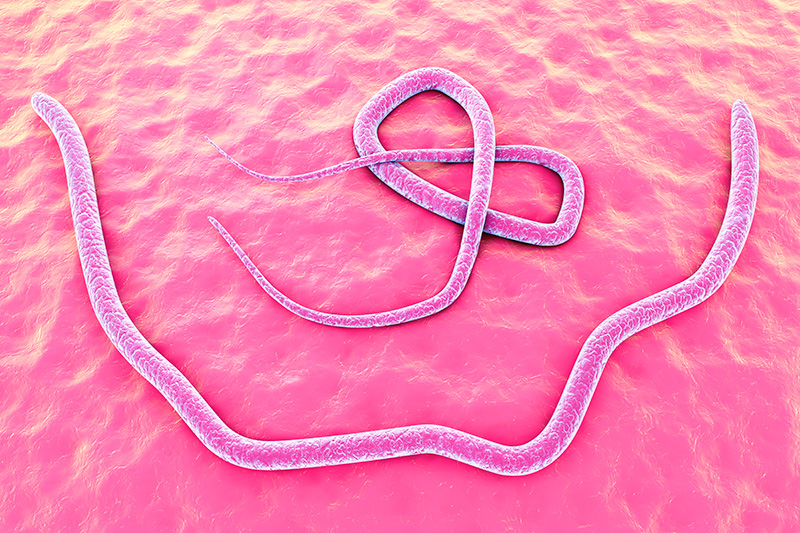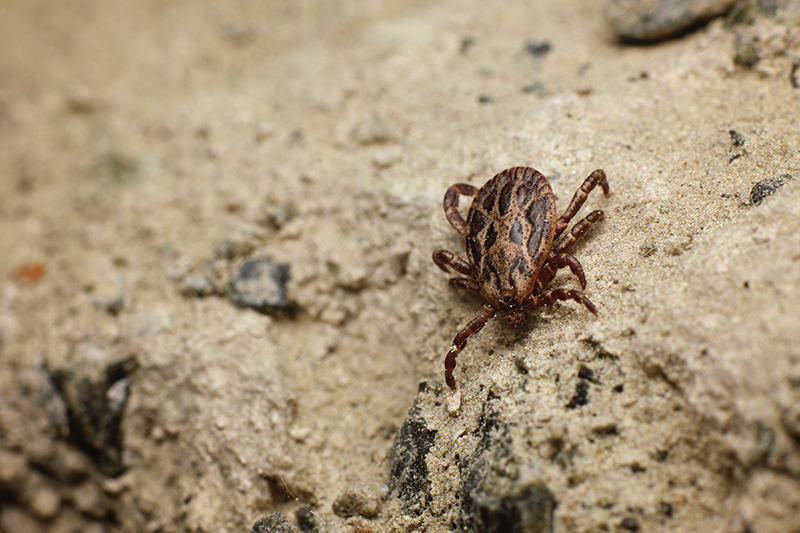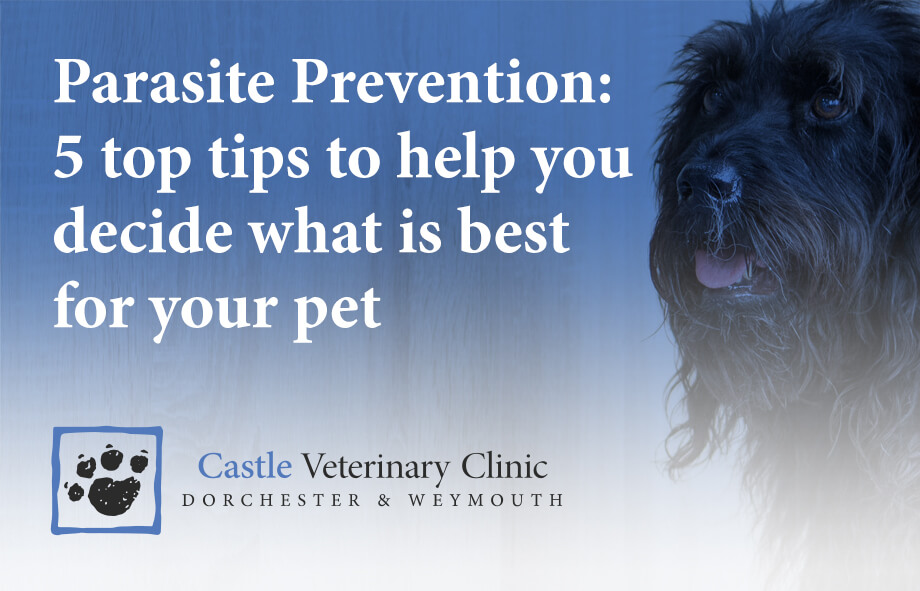As a pet owner, keeping your furry friends safe and healthy is a top priority. Fleas and ticks can cause discomfort, irritation, and even serious health problems for your pets. Recognising the signs of an infestation early on is crucial to protecting their well-being. Here’s what to look out for and how you can keep these pesky parasites at bay.

Common Signs of Fleas in Pets
Fleas are tiny, fast-moving insects that feed on your pet’s blood. While spotting the actual fleas can be challenging due to their size and speed, there are several tell-tale signs of an infestation:
- Excessive Scratching and Biting: If your pet is scratching more than usual, especially around the head, neck, and tail area, this could indicate fleas. Biting and nibbling at their own skin is also common.
- Red, Inflamed Skin: Flea bites can lead to red, irritated patches on your pet’s skin, particularly if they have a sensitivity or allergy to flea saliva.
- Hair Loss: Persistent scratching and biting can cause bald patches, mainly around the back and base of the tail.
- Flea Dirt: Black or dark brown specks, often found on your pet’s skin and fur, may be flea droppings. To check, place the specks on a damp tissue — if they turn red, it’s likely flea dirt.
How to Spot Ticks on Your Pet
Ticks are parasitic arachnids that attach themselves to your pet’s skin and feed on their blood. Unlike fleas, ticks are larger and can often be seen or felt when grooming your pet. Here’s what to watch for:
- Visible Ticks: Ticks can look like small, grey or brown bumps. They tend to latch onto areas like the ears, neck, and underarms where the skin is thinner.
- Skin Irritation: You might notice redness or swelling around the bite area. Ticks can transmit diseases, so early removal is essential.
- Lethargy and Weakness: In some cases, pets infested with ticks can become weak or lethargic due to blood loss, especially if multiple ticks are feeding.
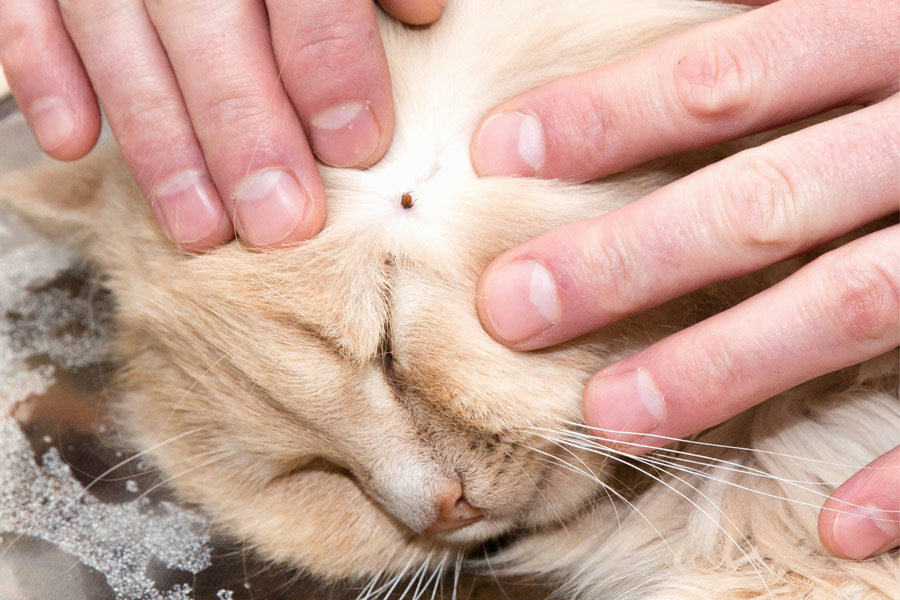
Preventing Flea and Tick Infestations
Prevention is always better than treatment when it comes to fleas and ticks. Here are a few tips to keep your pet parasite-free:
- Regular Grooming: Routine grooming helps you spot any fleas or ticks early on. Use a fine-toothed comb to check for fleas, particularly around the neck and tail.
- Monthly Flea and Tick Preventatives: Talk to your vet about the best flea and tick treatments for your pet. Our in-house health plan includes comprehensive parasite prevention options.
- Inspect Your Pet After Walks: Especially after walks in wooded or grassy areas, check your pet for ticks. Be thorough around the ears, neck, and under the legs.
- Keep Your Home Clean: Regularly vacuum your home, wash pet bedding, and treat your garden to minimise the risk of fleas.
What to Do if You Find Fleas or Ticks on Your Pet
If you suspect that your pet has fleas or ticks, it’s essential to take action immediately:
- Use Vet-Recommended Treatments: Over-the-counter products may not always be effective, so consult your vet for safe and reliable options.
- Remove Ticks Carefully: If you find a tick on your pet, we recommend using a tick removal tool, such as the OTOM Tick Remover (available to buy at reception). Gently hook the tool under the tick and twist it anticlockwise to safely remove it. Avoid squeezing the tick to reduce the risk of parts being left behind.
- Keep Up with Preventative Care: Even if you’ve treated a current infestation, maintaining regular flea and tick preventatives is key to avoiding future problems.
Stay Protected with The Castle Club
Our practice offers a range of preventative care options as part of our in-house health plan. Contact us today to learn more about how we can help keep your pet safe from parasites all year round.

